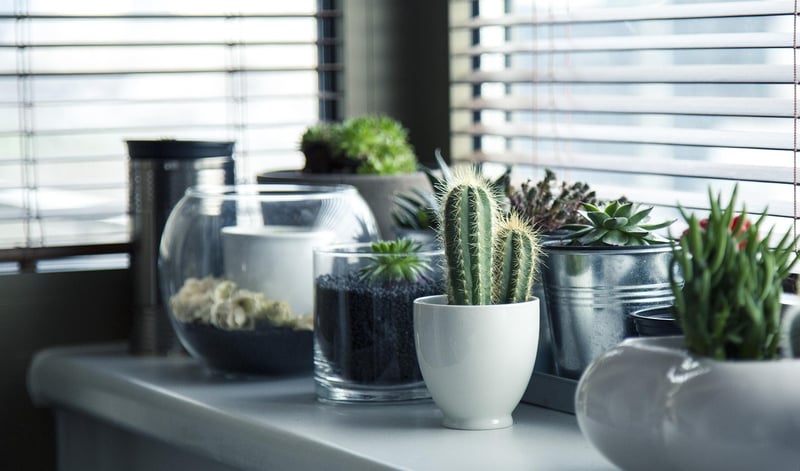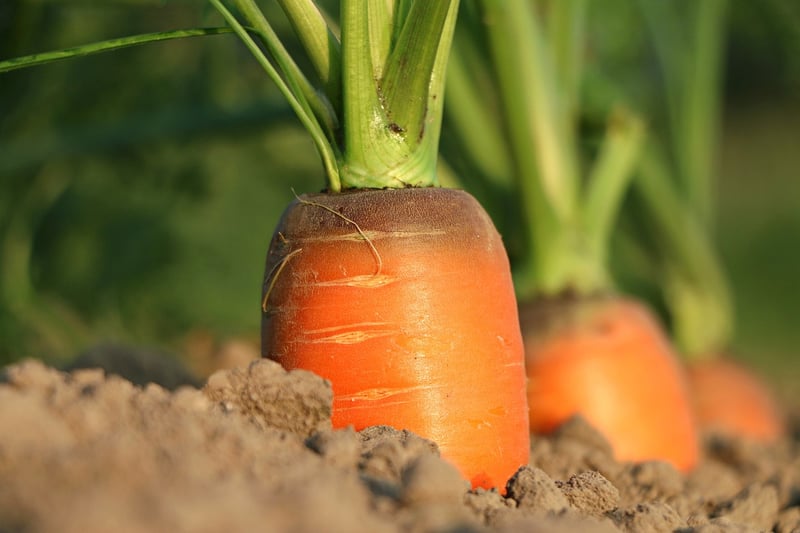Soil Health Management
Keeping Your Vertical Garden Thriving: Soil Health Management

Vertical gardens are a beautiful and space-saving way to bring greenery into your home or outdoor space. However, ensuring that your vertical garden thrives requires proper soil health management. By taking care of the soil in your vertical garden, you can help your plants grow healthy and strong.
Benefits of Soil Health Management in Vertical Gardens
- Promotes root growth and development
- Improves nutrient absorption
- Enhances water retention
- Reduces the risk of plant diseases
- Increases overall plant vitality
Tips for Maintaining Soil Health in Your Vertical Garden
- Choose the Right Soil: Use a quality potting mix that is well-draining and nutrient-rich.
- Monitor Moisture Levels: Check the soil regularly to ensure it is moist but not waterlogged.
- Provide Nutrients: Consider using organic fertilizers or compost to replenish nutrients in the soil.
- Prune and Trim: Remove dead leaves and trim overgrown plants to maintain air circulation and prevent pest infestations.
- Rotate Plants: Switch the position of your plants occasionally to ensure even sunlight exposure and prevent soil depletion.
Importance of Soil Testing
Regular soil testing is essential to assess the pH levels, nutrient content, and overall health of your vertical garden soil. Based on the results, you can adjust your gardening practices to provide the necessary amendments for optimal plant growth.
Conclusion
By prioritizing soil health management in your vertical garden, you can create a thriving environment for your plants to flourish. With proper care and attention to the soil, you can enjoy a lush and vibrant vertical garden that adds beauty to your surroundings.
Remember, healthy soil leads to healthy plants!
